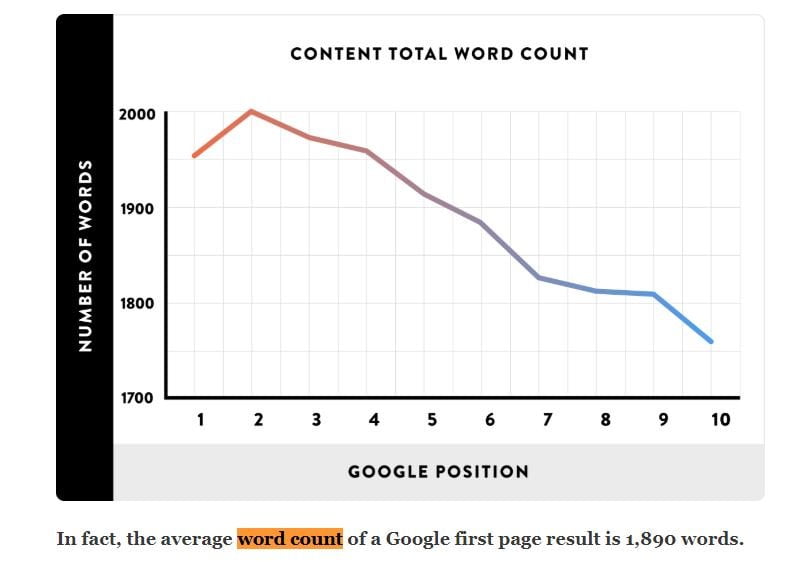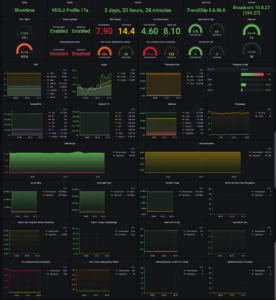Introduction to blog post length
When it comes to blogging, one question looms large in the minds of writers and marketers alike: how long is the average blog post? You might expect a straightforward answer, but the truth is anything but simple. Blog posts have evolved significantly over time, and so has their ideal length. As we dive into this topic, you’ll discover that there’s much more to consider than just word count.
From engaging readers with valuable content to optimizing for search engines, the length of your blog post can make all the difference. Whether you’re a seasoned blogger or just starting out, understanding what makes an effective blog post will help you create content that resonates with your audience. So let’s explore this intriguing question together!
The history of blog posts and their lengths
Blogging has evolved significantly since its inception in the late 1990s. Initially, personal journals dominated the space, with entries often short and casual. These early posts focused on individual thoughts and experiences.
As technology advanced, so did blogging platforms. The rise of professional bloggers transformed content creation into a more structured format. Post lengths began to vary widely as writers explored different niches.
By the mid-2000s, research showed that longer blog posts were gaining traction for their ability to engage readers. Writers discovered that providing comprehensive information attracted more attention from search engines and audiences alike.
Today’s landscape features an array of post lengths—from quick updates to in-depth guides—reflecting diverse reader preferences and SEO strategies. This shift highlights how blogs adapt over time while still serving various purposes within digital communication.
Why longer blog posts are becoming more popular
Longer blog posts are gaining traction for several reasons. First, they allow writers to delve deeper into subjects. Readers appreciate comprehensive discussions that provide valuable insights.
Moreover, search engines favor in-depth content. Longer articles tend to rank better in search results, attracting more organic traffic. This visibility is a game changer for bloggers seeking audience growth.
Social media also plays a role. Users share detailed posts that offer practical tips or solutions, enhancing engagement across platforms.
Additionally, as audiences become more discerning, they seek well-researched and informative material rather than surface-level insights. It’s not just about the word count; it’s about delivering value.
This trend reflects our desire for thorough understanding in an era of information overload. People want substance over superficiality when exploring topics online.
Benefits of longer blog posts for readers and SEO
Longer blog posts offer several advantages for readers. They provide a deeper dive into topics, allowing for more comprehensive insights and information. Readers appreciate content that fully explores their questions or concerns.
From an SEO perspective, longer posts tend to rank better on search engines. This is partly because they often include relevant keywords naturally and cover subjects in detail. Google favors content that answers user queries thoroughly.
Additionally, extended articles encourage longer dwell times on your website. When visitors stay engaged with your content, it signals to search engines that the material is valuable.
Moreover, lengthy posts create opportunities for internal linking. You can guide readers to other related articles within your site, enhancing their experience while boosting SEO potential.
These benefits make crafting longer blog entries a strategic move both for captivating your audience and improving visibility online.
Tips for writing longer, high-quality blog posts
To craft longer, high-quality blog posts, start with a clear outline. This will guide your thoughts and keep you focused on key points.
Next, dive deep into research. The more informed you are about the topic, the richer your content becomes. Use credible sources to provide value.
Engage readers by incorporating storytelling elements. Real-life examples or anecdotes can make complex ideas relatable and memorable.
Don’t shy away from using visuals like images or infographics. They not only break up text but also enhance understanding of concepts discussed in writing.
Remember to edit ruthlessly. While length is essential, clarity shouldn’t be sacrificed for word count. Aim for substance over fluff.
Invite reader interaction through questions or prompts at the end of your post. Encouraging comments fosters community and keeps conversations alive around your content.
How to determine the ideal length for your specific blog post
Determining the ideal length for your blog post depends on several factors. Start by identifying your target audience. What are their preferences? Are they looking for quick tips or in-depth analysis?
Next, consider the topic at hand. Some subjects require detailed explanations, while others can be covered succinctly. Research similar posts in your niche to gauge common lengths.
Engagement metrics matter too. Analyze how readers interact with different lengths of content on your site—do longer posts retain attention better?
Don’t forget SEO implications. Longer articles often rank higher but must remain relevant and informative throughout.
Prioritize quality over word count. If you can convey value in fewer words, do it! The goal is to provide useful information that resonates with readers and fulfills their needs effectively.
Conclusion: Quality over quantity in the world of blogging
When it comes to blogging, the debate over length is ongoing. Many new bloggers might think that longer posts are always better, but that’s not necessarily the case. The average blog post has evolved significantly over time. Initially, short and snappy entries dominated the scene. However, as audiences grew more sophisticated and hungry for in-depth content, longer pieces began to take center stage.
Today, research indicates that longer blog posts—those exceeding 1,500 words—tend to perform well in search engines. This shift can be attributed to a desire for comprehensive information that addresses readers’ questions thoroughly.
Longer posts offer several advantages for both readers and SEO efforts. They provide valuable insights and foster trust with your audience while improving your chances of ranking higher on search engine results pages (SERPs). Google values depth of content because it often leads to increased user engagement.
Creating high-quality long-form content isn’t just about hitting a word count; it’s about delivering value consistently throughout your writing. Start with a strong outline, ensure every section contributes meaningfully to your topic, and keep revisiting your main points as you expand on them.
Determining the ideal length should depend on various factors such as topic complexity or reader expectations rather than arbitrary numbers alone. A deep dive into niche subjects may warrant lengthy exploration while simpler topics might require concise treatment.
As you navigate this landscape where quality reigns supreme over quantity, remember: It’s not merely about how long is the average blog post but rather how effectively you engage with your audience through thoughtful and well-crafted content.




